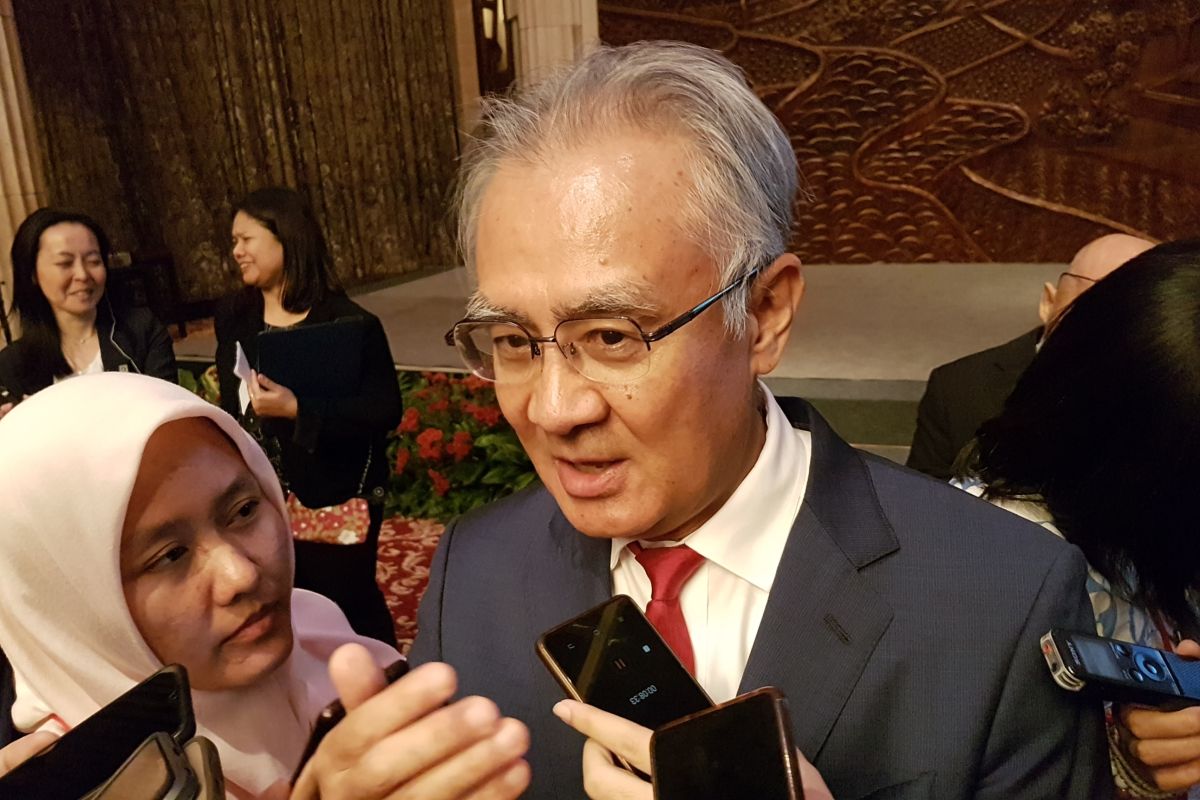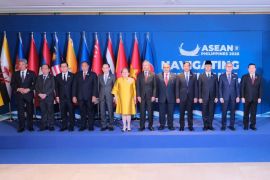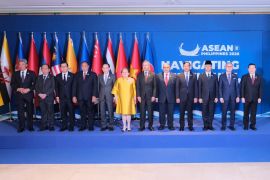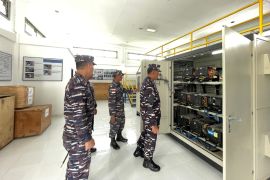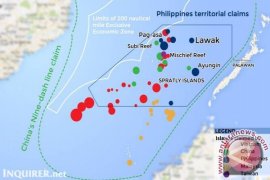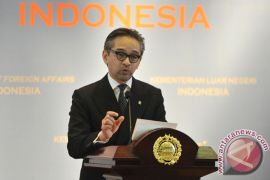Japan does not get involved in the territorial dispute, but it has a keen interest in the South China Sea based on the fact that it is an international sea lane, Ambassador of Japan to Indonesia Masafumi Ishii noted on Thursday evening.
While conversing with journalists on the sidelines of the commemoration of Japan's Self-Defense Forces Day, here, Ishii remarked that owing to its significant existence, the South China Sea was not only important for Japan but also for China, Korea, European countries, and Indonesia.
According to China Power, "60 percent of maritime trade passes through Asia, with the South China Sea carrying an estimated one-third of global shipping."
The disputed maritime area of the South China Sea is claimed by China, Taiwan, Brunei Darussalam, Malaysia, the Philippines, and Vietnam.
China has built an artificial island, a move that has flared up tensions between China and other claimants as well as created friction between China and the United States.
The South China Sea dispute has also dragged the Association of Southeast Asian Nations (ASEAN) into a difficult position despite the fact that during the five decades of its existence, it has successfully maintained and promoted regional peace and stability.
This regional grouping has been facing both regional and global challenges that may directly and indirectly affect the collective and national interests of its 10 member states. One of the challenges is related to this territorial dispute.
It is not just related to the national interests of China and other claimants, such as Vietnam, the Philippines, Brunei, and Malaysia, but it has also triggered rivalry between Beijing and Washington.
The rivalry over the disputed South China Sea between the two global economic giants has become apparent in the past few years.
In May 2017, a US aircraft was intercepted by two Chinese Sukhoi Su-30 jets while, what the US military claimed, on "a mission to detect radiation in international airspace over the East China Sea," according to the BBC in 2017.
In December 2015, a US Air Force B-52 strategic bomber reportedly flew too close to the Chinese-claimed territory in the South China Sea. This incident infuriated Beijing that accused Washington of making a "serious military provocation," The Telegraph reported in 2015.
In response to this overflight-related incident, the US government has pledged to continue to fly, sail, and operate wherever the international law permits in the maritime territories and extend assistance to its allies and partners to bolster their maritime capabilities.
Related news: CoC controls South China Sea situation: Indonesia
Related news: Indonesia wants to stay away from South China Sea conflicts
Translator: Yashinta DP, Rahmad Nasution
Editor: Sri Haryati
Copyright © ANTARA 2019
